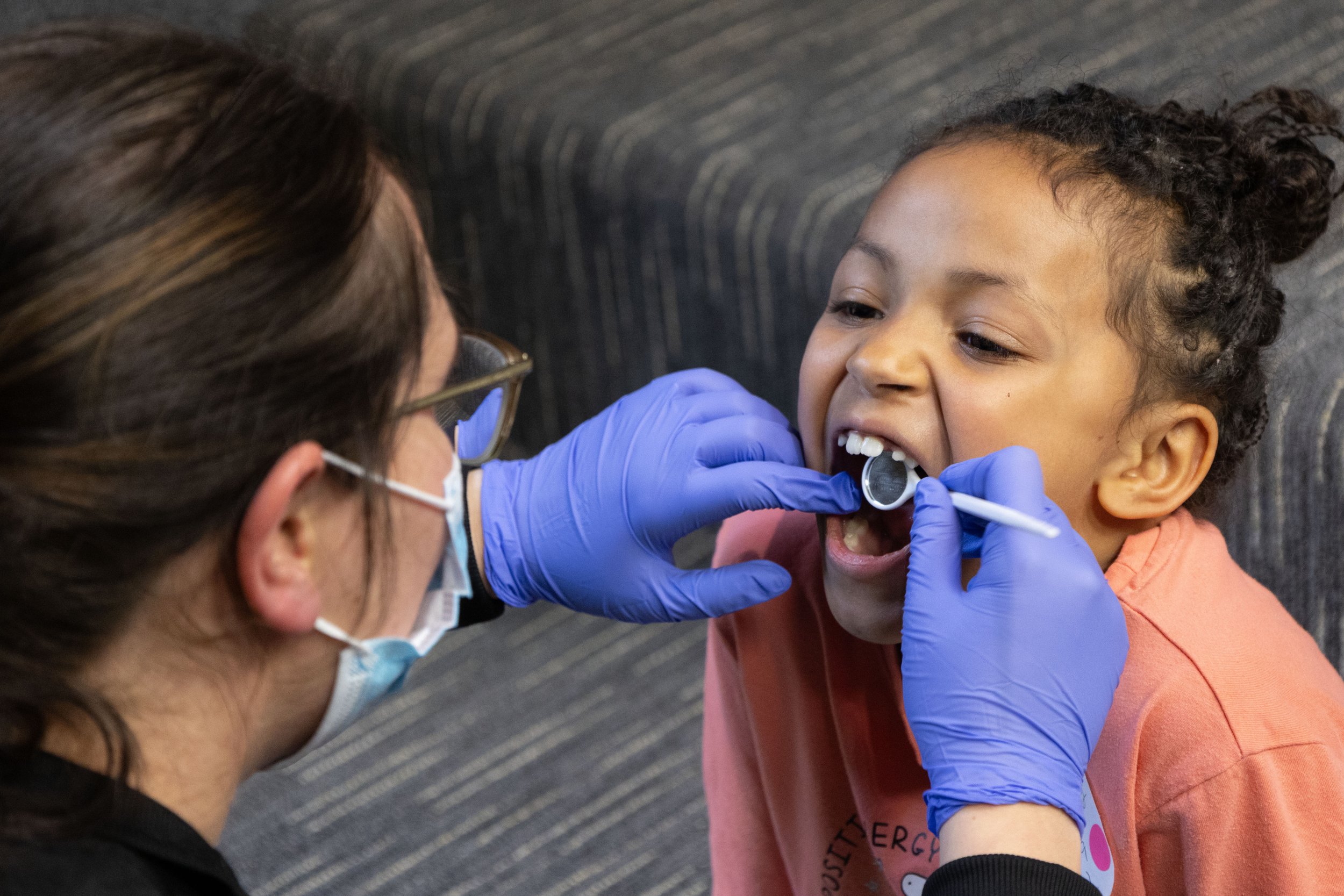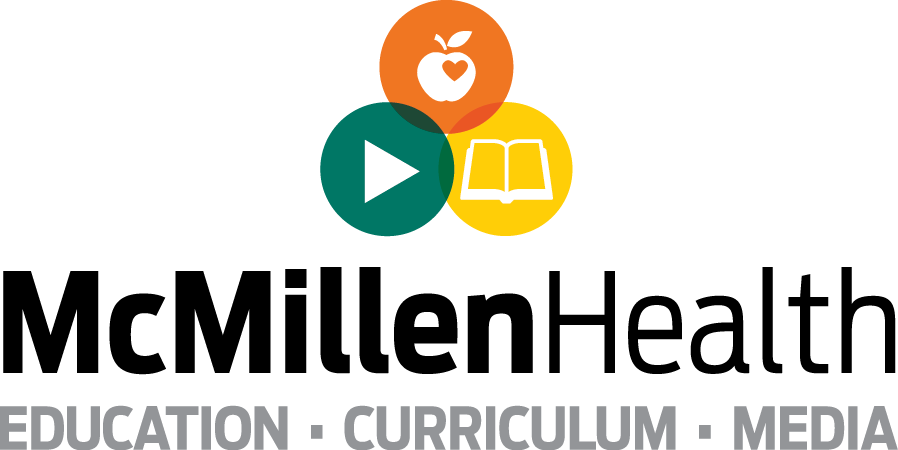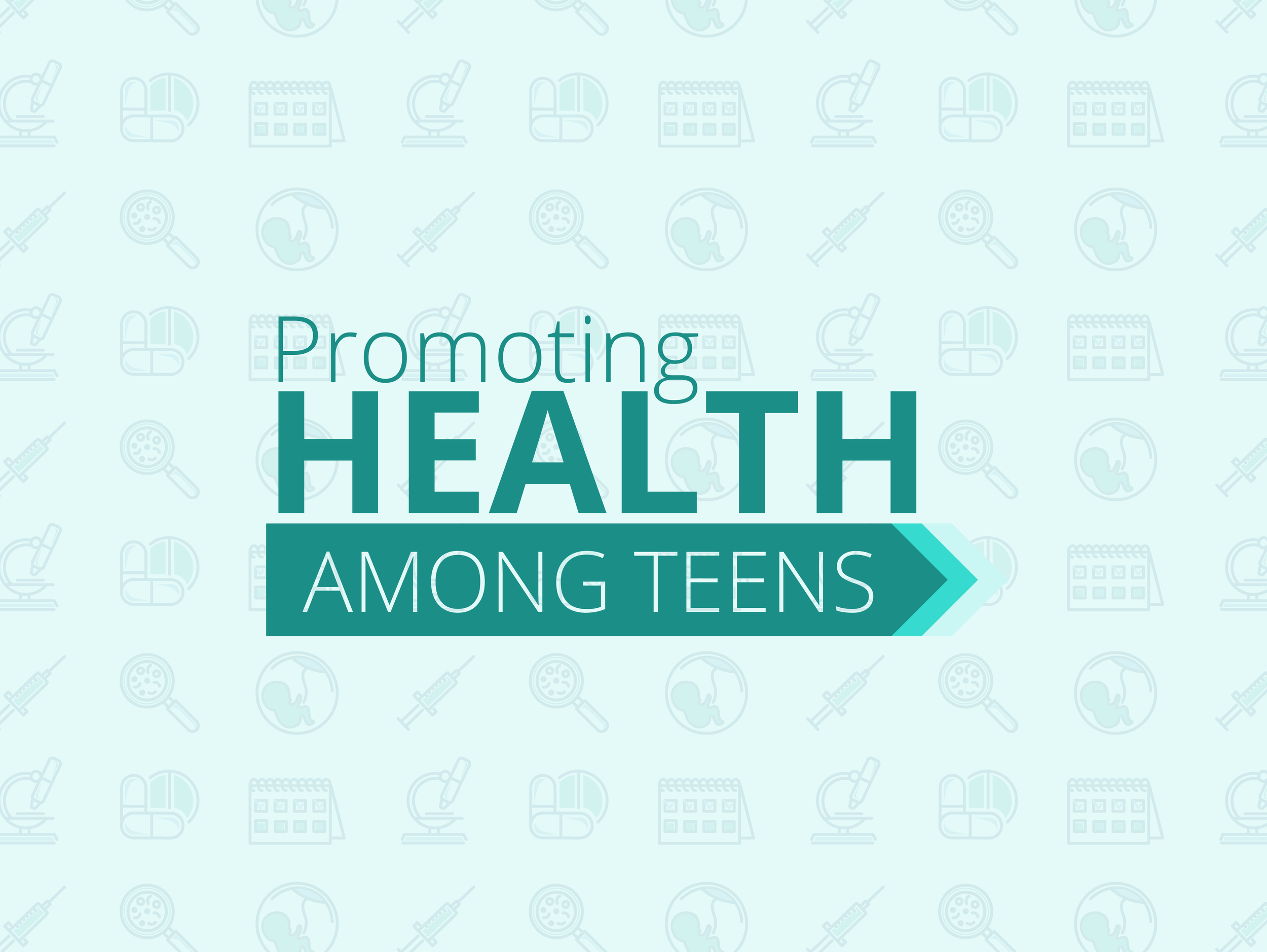
Taking health education
to the next level.
Want to know more? Read our FAQ or reach out with your questions.
Pregnancy Prevention Education
Our reproductive health curricula are interdisciplinary in their approach, using a variety of teaching methods and tools, including hands-on models, role playing, and interactive games – all with the aid of advanced technology. Each unit is aligned with the Indiana Academic Standards for Health Education and the National Standards for Health Education. Our goal for our curricula is to incorporate youth participation, making the learning environment fun and highly effective. Topics are age-appropriate and designed to maximize positive outcomes in knowledge, attitude, and life-long behavior.
Dental Health
In 2012, McMillen Health developed the Brush Early Childhood Oral Health Curriculum in an effort to change children’s health status and help children enter Kindergarten ready to learn. We advocate for the establishment of a dental home by age one and promote dental health education for all who influence a child’s health status, including parents, caregivers, educators, and health practitioners. Brush is an interdisciplinary dental health curriculum aimed at low-income children and their parents. Brush provides educational and developmental experiences that improve the school readiness of underserved children.
Curriculum Implementation
In 2017, McMillen Health began receiving funding from the Indiana Department of Health to implement Promoting Health Among Teens (PHAT) for youth in grades 6-8. These eight modules, presented by McMillen Health professional educators, equip youth with the practical skills, knowledge, and confidence to stand up for healthy life choices in the areas of sexual activity and related risky behaviors. Each module consists of a 45-minute presentation with a professional educator and follow-up activities as directed by the classroom teacher or supervisor.
In 2020, McMillen Health received funding from the Indiana Department of Health to implement three nationally-recognized, evidence-based programs aimed at reducing teen pregnancy.
Botvin’s LifeSkills Training High School and Transitions programs have been shown to improve social, emotional, and foundational life skills in adolescents aged 13-19 in the school setting.
Be Strong Families’ #WoWTalk Café and Parent Café models provide a transformative change in increasing engagement of teens and parents/caregivers.
University of Michigan Adolescent Health Initiative’s Adolescent Champion Model is a multi-faceted intervention designed to address a health center’s environment, policies, and practices to ensure that all aspects are centered around youth.




